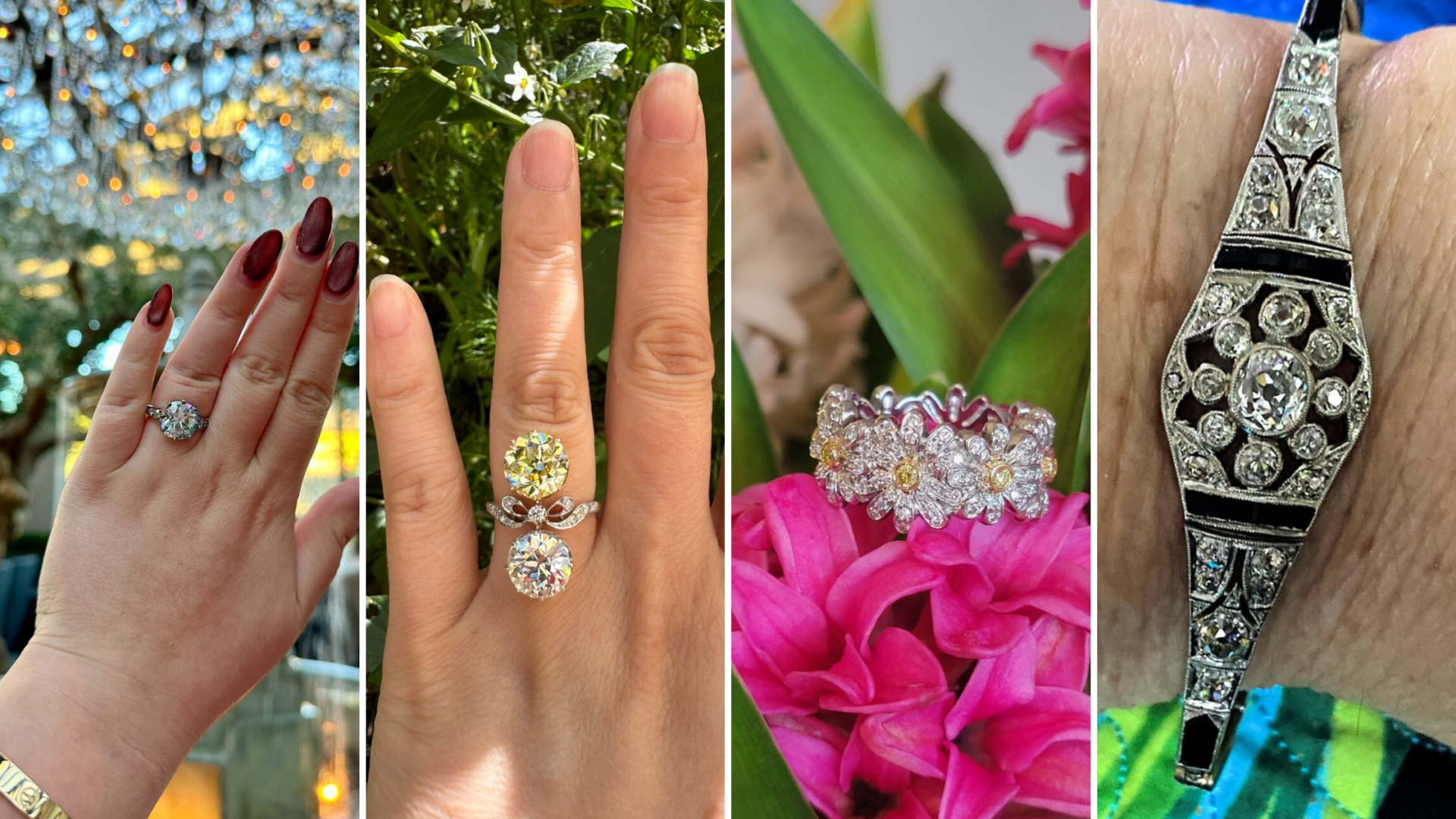Indylady
Ideal_Rock
- Joined
- Apr 28, 2008
- Messages
- 5,717
Would you rather have a treated stone from a particular origin, or an untreated stone from any origin? To clarify myself, I''m talking about light and fairly ''standard''/permanent/non-evasive treatments...I''m talking some heat, cedar oil, etc.
If you had the choice between a heated Ceylon pad, a heated Burmese ruby, an oiled Colombian emerald
or
an unheated African pad, an unheated Vietnamese ruby, or an un-oiled Zambian emerald, what would you pick?
I''ve heard gemologists say that the best ''Ceylon'' Sapphire they had ever seen was from Africa; I''m definitely not denying that you can find the ''top colors'' in a gem from mines around the world. However, certain colors of gems tend to be more abundant in certain areas...Burmese rubies that tend to be purple-red, Colombian emeralds that tend to be blue-green. Does this affect your decision?
To kick this off, I''m going to say that I would prefer to only buy an unheated sapphire. I would purchase a heated ruby, and possibly an oiled emerald.

If you had the choice between a heated Ceylon pad, a heated Burmese ruby, an oiled Colombian emerald
or
an unheated African pad, an unheated Vietnamese ruby, or an un-oiled Zambian emerald, what would you pick?
I''ve heard gemologists say that the best ''Ceylon'' Sapphire they had ever seen was from Africa; I''m definitely not denying that you can find the ''top colors'' in a gem from mines around the world. However, certain colors of gems tend to be more abundant in certain areas...Burmese rubies that tend to be purple-red, Colombian emeralds that tend to be blue-green. Does this affect your decision?
To kick this off, I''m going to say that I would prefer to only buy an unheated sapphire. I would purchase a heated ruby, and possibly an oiled emerald.






300x240.png)